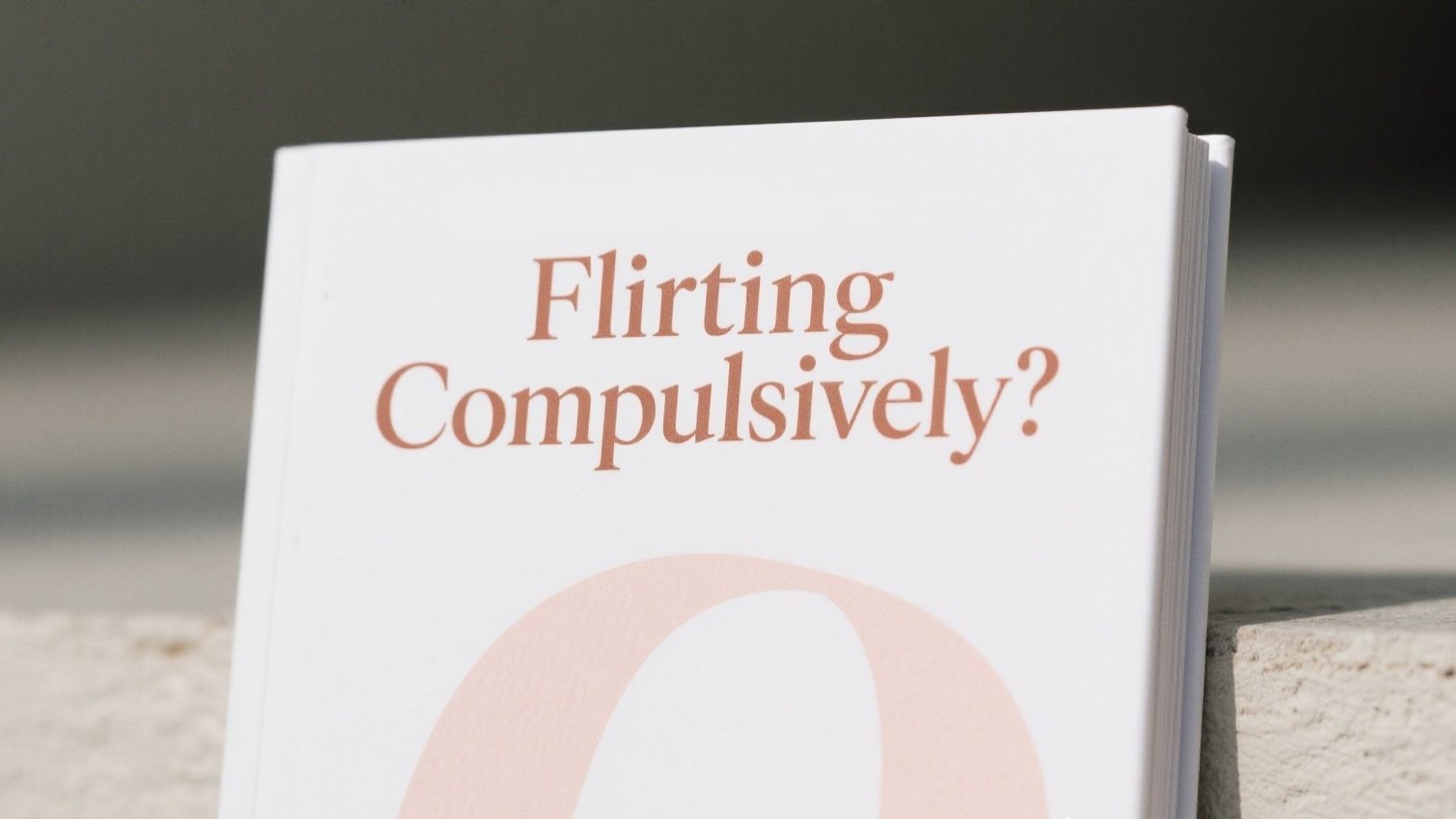
Flirting is one of those behaviors that can feel harmless to some, but deeply hurtful to others. While a playful compliment or light banter may seem like “just fun,” when it happens repeatedly in a committed relationship, it can spark insecurity, resentment, and even the erosion of trust.
So, what happens when you realize that your partner flirts compulsively — not just once in a while, but as a recurring pattern? Should you confront them directly, ignore it, or even walk away?
Let’s break down why compulsive flirting is damaging, and explore strategies (from constructive to questionable) that people often use to handle it.
Why Compulsive Flirting Hurts a Relationship 💥
Flirting isn’t always physical cheating, but it blurs emotional boundaries. When one partner constantly seeks validation outside the relationship, it:
- Creates trust issues 😔
- Undermines emotional intimacy 🧩
- Sparks jealousy or insecurity 💢
- Makes the relationship feel unsafe or unstable ⚖️
And remember: the definition of “harmless” varies from person to person. If your partner dismisses your feelings because they think it’s “not a big deal,” that’s already a sign of misaligned values.
10 Ways People Respond to a Flirtatious Partner (and Why They Work—or Don’t)
1. Talk About It (Effectiveness: 9/10) 🗣️
The healthiest strategy is communication. Calmly explain how their behavior makes you feel and why it bothers you. Many people aren’t even aware they’re crossing a line. Direct, respectful conversations can set boundaries and clarify expectations.
👉 Example: “I know you may see your flirting as harmless, but it makes me feel unappreciated. Can we talk about how to find a middle ground?”
2. Do the Same Back (Effectiveness: 3/10) 🔥
Some respond with a “taste of their own medicine.” While it may get your partner’s attention, it often backfires and escalates into a cycle of jealousy or spite. Instead of resolving the issue, it risks adding fuel to the fire.
3. Test or Trap Them (Effectiveness: 2/10) 🎭
Setting up your partner to see if their flirting could turn into cheating (e.g., planting someone to tempt them) usually causes more harm than good. If trust is so low that you feel the need to “test” them, the relationship is already on shaky ground.
4. Publicly Embarrass Them (Effectiveness: 1/10) 🚨
Calling out your partner with exaggerated “klaxon” responses or dramatic interruptions may feel satisfying in the moment but only adds humiliation and defensiveness. It damages respect rather than building understanding.
5. Reverse Psychology (Effectiveness: 4/10) 🔄
Some people encourage their partner to flirt more, hoping they’ll get bored or realize what they’re missing. Sometimes this pushes the partner back toward the relationship, but it often sends the opposite message: approval. Risky at best.
6. Spying on Them (Effectiveness: 2/10) 🕵️♀️
Secretly watching your partner’s behavior when they think you’re not looking can provide “proof,” but it damages your own integrity. Constant snooping corrodes trust on both sides.
7. Enlist a Friend to Intervene (Effectiveness: 5/10) 🙅
Asking a trusted friend to step in and remind your partner of their relationship can sometimes curb the behavior temporarily. But relying on outsiders to manage your issues usually avoids the real problem: communication between you and your partner.
8. Be the Watchdog (Effectiveness: 3/10) 👀
Actively “policing” your partner’s behavior everywhere you go creates an exhausting dynamic. While it might shut down flirting in the moment, it quickly leads to resentment and a lack of freedom in the relationship.
9. End the Relationship (Effectiveness: 10/10) ✂️
Sometimes, enough is enough. If your partner refuses to acknowledge your feelings or change their behavior, walking away is the healthiest decision. A relationship without respect and trust cannot thrive.
10. Ignore It (Effectiveness: 2/10) 🙈
Some people choose to overlook their partner’s behavior entirely. While this might avoid conflict short-term, unresolved feelings often bubble up into bigger fights later. Suppression is rarely a sustainable solution.
✅ Final Takeaway
Flirting compulsively isn’t just “harmless fun” when it consistently hurts your partner. The strongest response is always open, honest communication. If your partner values the relationship, they’ll listen, respect your boundaries, and work toward change.
But if they refuse to take your feelings seriously, the question isn’t just about their flirting — it’s about whether the relationship itself is meeting your needs.
At the end of the day, love requires respect, empathy, and trust. Without these, no amount of charm can hold it together.



